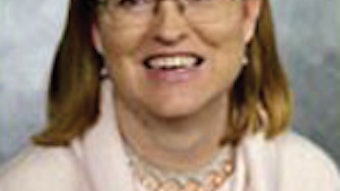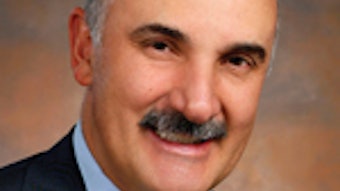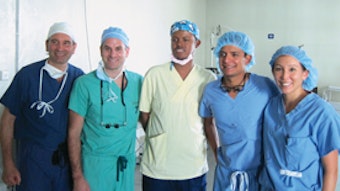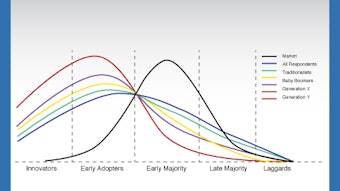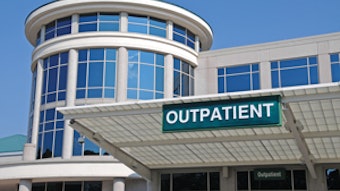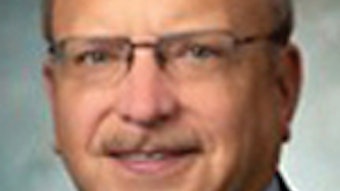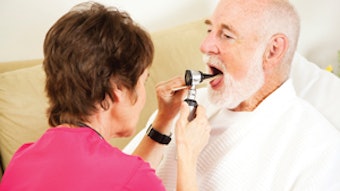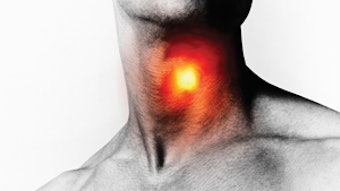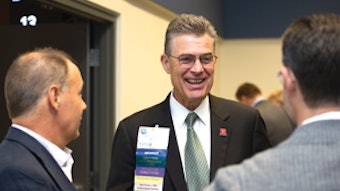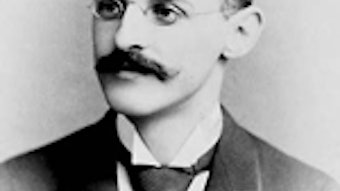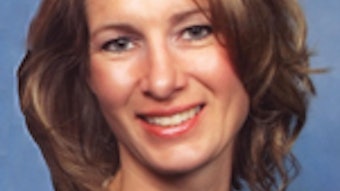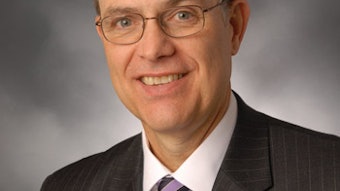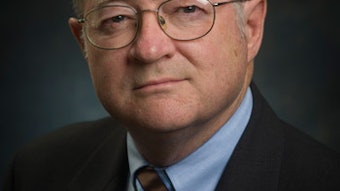FDA’s ENT Panel Reviews Safety and Effectiveness of Hybrid Cochlear Device
On November 8, 2013, the Food and Drug Administration (FDA) Ear Nose and Throat Devices Panel (ENT panel) met in Silver Spring, MD, to discuss the safety and effectiveness of a new hybrid cochlear implant device, the Nucleus® Hybrid™ L24 Implant System (Hybrid L24). The goal was to make a decision about pre-market approval status. The Hybrid L24 is designed for the treatment of adults who are 18 or older, have residual low-frequency hearing sensitivity and bilateral severe-to-profound high-frequency sensorineural hearing loss, and obtain limited benefit from hearing aids, among other indications. The meeting included presentations from the sponsor, Cochlear™ Americas, and the FDA, followed by deliberations from the ENT panel and a panel vote on FDA questions about safety and effectiveness of the device. Several Academy leaders have prominent roles at the FDA, and many voting members of the FDA panel are also Academy members. Notably, Gayle E. Woodson, MD, AAO-HNS president-elect, serves as the chair of the FDA ENT panel, along with several Academy members. Anjum Khan, MD, MPH, also an Academy member and a medical officer with the FDA, presented on the safety and effectiveness of the Hybrid L24. In addition, Academy members J. Thomas Roland, MD, and Bruce J. Gantz, MD, both attended and presented at the meeting as principal investigators of the device. Dr. Roland served as the lead investigator for a clinical study performed on the Hybrid L24 for four and a half years, and previously served on advisory boards for manufacturers of cochlear implants, and currently serves as co-director of the NYU Cochlear Implant Center. Dr. Gantz served as a principal investigator in Iowa and serves as the chair of the department of otolaryngology-head and neck surgery at Iowa’s Carver College of Medicine. Several other Academy members who were not present for the meeting also served as investigators at various sites, including Jacques A. Herzog, MD; R. Stanley Baker, MD; Colin W. Driscoll, MD; Charles M. Luetje, MD; Andrew J. Fishman, MD; Bradley Welling, MD, PhD; David Kelsall, MD; and Ravi N. Samy, MD. The following Academy members sat in on ENT panel discussions as voting members or temporary voting members, including Steven W. Cheung, MD, MBA; Roberto A. Cueva, MD; Barry E. Hirsch, MD; Michael E. Hoffer, MD, CAPT MC, USN; Akira Ishiyama, MD; Herman A. Jenkins, MD; Margaret A. Kenna, MD, MPH; Arnaldo L. Rivera, MD, CDR, MC; Jeffrey T. Vrabec, MD; Bevan A. Yueh, MD, MPH; and Ronald von Jako, MD, PhD. After listening to several patient experiences and clinical research presentations, the FDA panel members deliberated, and unanimously recommended that the Hybrid L24 device is safe, effective, and provides benefits that outweigh the risks for patients meeting the criteria specified in the proposed indications. The FDA is not bound by the recommendations of its advisory committees, but will consider the recommendations and guidance during the final review of the device. For further details on research presented at the meeting and other relevant materials, please visit the FDA website and view the committee meeting materials at http://tinyurl.com/lyk3qhk.

Several Academy leaders have prominent roles at the FDA, and many voting members of the FDA panel are also Academy members. Notably, Gayle E. Woodson, MD, AAO-HNS president-elect, serves as the chair of the FDA ENT panel, along with several Academy members. Anjum Khan, MD, MPH, also an Academy member and a medical officer with the FDA, presented on the safety and effectiveness of the Hybrid L24. In addition, Academy members J. Thomas Roland, MD, and Bruce J. Gantz, MD, both attended and presented at the meeting as principal investigators of the device. Dr. Roland served as the lead investigator for a clinical study performed on the Hybrid L24 for four and a half years, and previously served on advisory boards for manufacturers of cochlear implants, and currently serves as co-director of the NYU Cochlear Implant Center. Dr. Gantz served as a principal investigator in Iowa and serves as the chair of the department of otolaryngology-head and neck surgery at Iowa’s Carver College of Medicine. Several other Academy members who were not present for the meeting also served as investigators at various sites, including Jacques A. Herzog, MD; R. Stanley Baker, MD; Colin W. Driscoll, MD; Charles M. Luetje, MD; Andrew J. Fishman, MD; Bradley Welling, MD, PhD; David Kelsall, MD; and Ravi N. Samy, MD.
The following Academy members sat in on ENT panel discussions as voting members or temporary voting members, including Steven W. Cheung, MD, MBA; Roberto A. Cueva, MD; Barry E. Hirsch, MD; Michael E. Hoffer, MD, CAPT MC, USN; Akira Ishiyama, MD; Herman A. Jenkins, MD; Margaret A. Kenna, MD, MPH; Arnaldo L. Rivera, MD, CDR, MC; Jeffrey T. Vrabec, MD; Bevan A. Yueh, MD, MPH; and Ronald von Jako, MD, PhD.
After listening to several patient experiences and clinical research presentations, the FDA panel members deliberated, and unanimously recommended that the Hybrid L24 device is safe, effective, and provides benefits that outweigh the risks for patients meeting the criteria specified in the proposed indications. The FDA is not bound by the recommendations of its advisory committees, but will consider the recommendations and guidance during the final review of the device.
For further details on research presented at the meeting and other relevant materials, please visit the FDA website and view the committee meeting materials at http://tinyurl.com/lyk3qhk.
